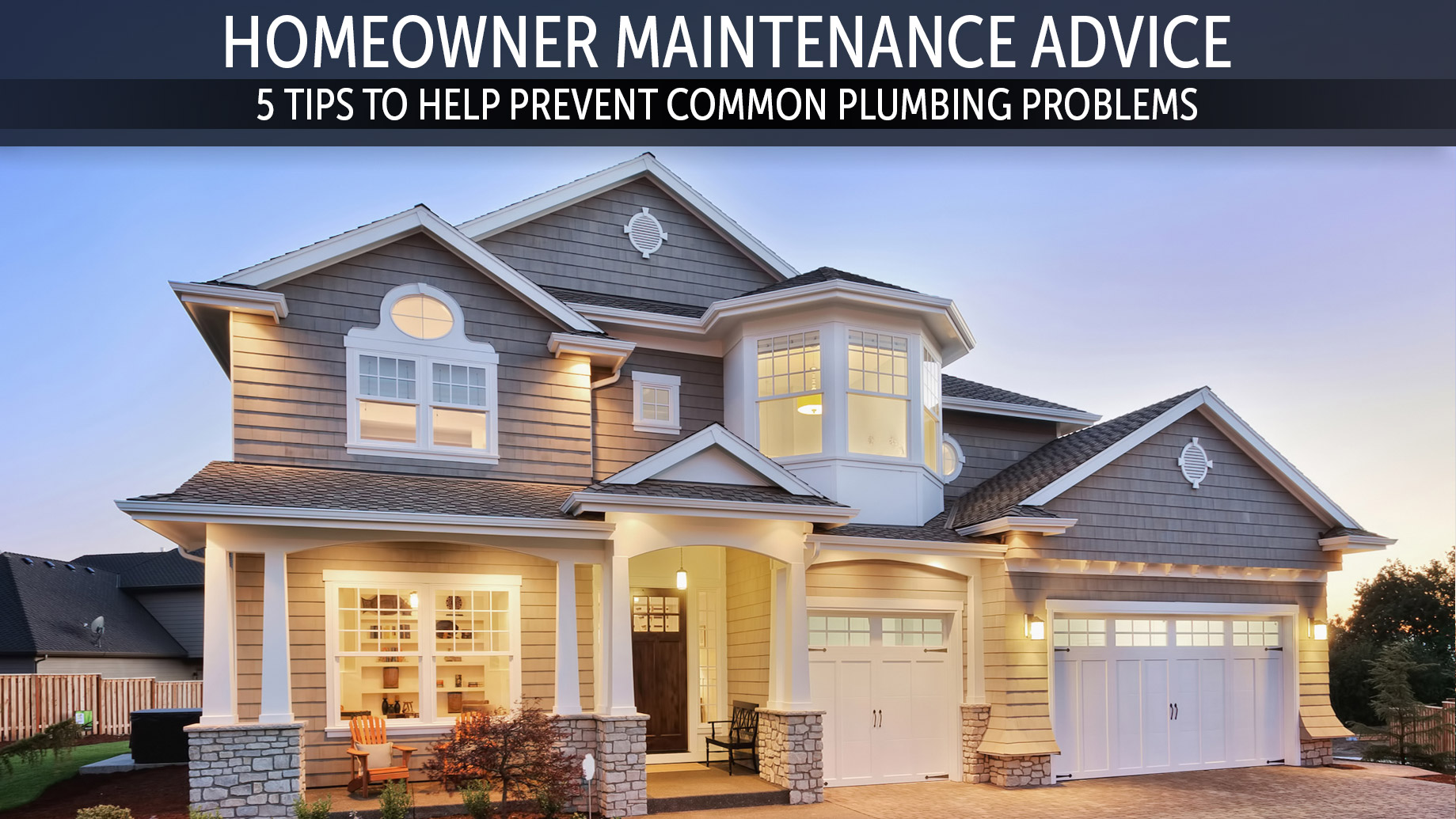
If left unchecked, plumbing problems in your home have the potential to cause significant structural problems that could potentially be extremely expensive to deal with. The best advice is to take preventative measures before things go wrong. The solution is a simple dose of vigilance, care and regular preventative maintenance to deal with minor issues on your own before things get any worse.
Here are some helpful DIY tips from Caldwell Plumbing to help you prevent some of the most common plumbing problems many homeowners face.
1. Avoid Putting Oil and Grease Down the Sink
One of the most common reasons for clogged sinks in many homes is that people think that almost any household liquid can be poured down the sink, including oil and grease from cooking. Unfortunately, these liquids harden on to the inside of the pipes and gradually clog the drain over time. It may not be too noticeable at the start with the only the telltale sign being reduced flow of water before the drain eventually gets completely blocked. The simple solution is to not put any oil or grease down the drain.
2. Watch Out for Hair in the Bathtub and Shower
Have you ever stood in your bathtub or shower with water building up at your feet refusing to drain or draining excruciatingly slowly? You obviously know that all the hair that you lose when taking a bath or shower goes down the drain, but did you know that hair tends to mix with greasy material from soaps, shampoos and conditioners to form a tangled blob that clogs your drain. The best way to deal with these clogs is to pull out the hair from the drain rather than try to force it down which can lead to bigger problems. Adding a drain trap to your bathtubs and showers is an easy an inexpensive fix.
3. Check Your Hot Water Tank
Yes, we all know that hot water tanks do not last forever. Unfortunately, some people discover this the hard way when an old tank ruptures and floods a part of their home. Whether you have a gas or electric version, these tanks have some common signs that you can look out for potentially indicating that the hot water tank needs to be replaced soon. Any tank leak obviously has to be dealt with right away, but a drop in the hot water pressure or hot water temperature can mean trouble. Also watch for exterior rust where there was none before. Most tanks today need to be looked at closely after about 6 years which also coincidentally corresponds to a typical warranty period for the most affordable hot water tanks.
4. Don’t Let Outdoor Faucets Freeze
If you live in a climate that gets freezing temperatures outside during the winter, then you need to winterize your outside faucets to prevent water damage to your home from a burst pipe every year. You will need to disconnect any garden hoses from the outside faucets, insulate the water pipes and even
5. Know Where Your Water Shutoff Valve Is
Last but certainly not least. Do you know where the main water shutoff valve is located? Every house has one and it can be crucially important for you to know where it is. In any situation where there is a sign of water trouble in your home, the first reaction you need to have is to immediately shut off the main water line valve to your home to prevent running water damage. Don’t wait for a problem to happen only to find out that you can’t shut off the water because you never bothered to find the valve. This is just as important as knowing how to shut off the gas and electricity to your home in a time of trouble.